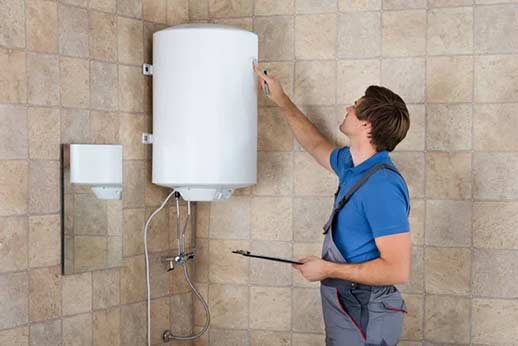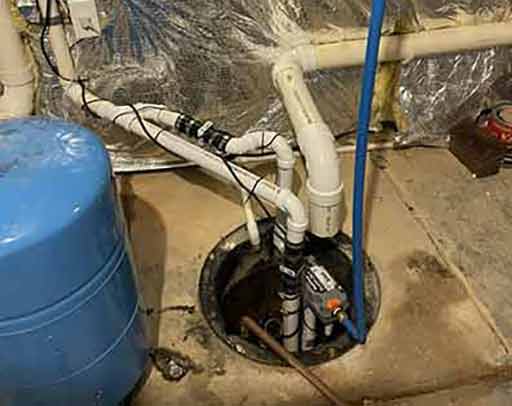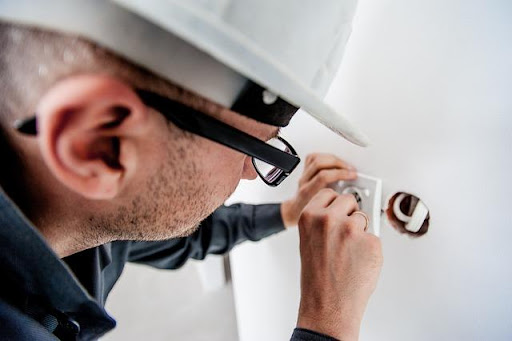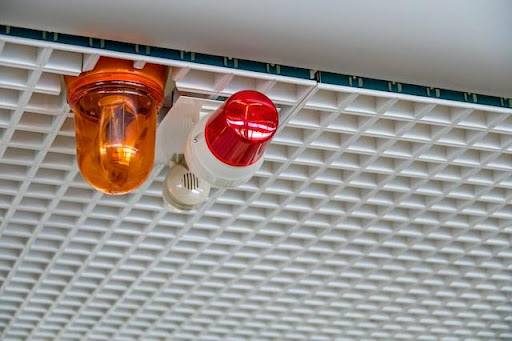The Benefits of Installing a Tankless Water Heater
If you live in Chicago and are considering replacing your existing water heater, you may be wondering about the cost of installing a tankless water heater. Tankless water heaters have become increasingly popular in recent years due to their energy efficiency, space-saving design, and long lifespan. In this article, we will explore the benefits of tankless water heaters and discuss the factors that contribute to the overall cost of installation in the Chicago area.
Energy Efficiency
One of the primary advantages of a tankless water heater is its energy efficiency. Unlike traditional storage tank water heaters, which constantly maintain a large volume of hot water, tankless water heaters only heat water as it is needed. This means that there is no standby heat loss, resulting in significant energy savings over time. According to the U.S. Department of Energy, homeowners can save up to 30% on their water heating bills by switching to a tankless system.
Additionally, tankless water heaters are equipped with modern technology that allows for precise temperature control. This means that you can easily adjust the temperature to your liking, ensuring comfort and reducing the risk of scalding.
Space-Saving Design
Another benefit of tankless water heaters is their compact size and space-saving design. Traditional storage tank water heaters can take up a significant amount of space in basements or utility closets. In contrast, tankless water heaters are small and wall-mounted, freeing up valuable floor space. This can be particularly advantageous for homeowners in Chicago, where space is often at a premium.
Durability and Long Lifespan
Tankless water heaters are known for their durability and long lifespan. While traditional storage tank water heaters typically last around 10-15 years, tankless systems have an average lifespan of 20 years or more. This translates to fewer maintenance costs and a longer period before replacement is necessary.
Furthermore, tankless water heaters are constructed with high-quality components and are less prone to issues such as leaks and corrosion. This not only contributes to their longevity but also provides homeowners with peace of mind.
Factors Affecting the Cost of Installation in Chicago
The cost of installing a tankless water heater in Chicago can vary depending on several factors. These include:
- Type of Tankless Water Heater: There are different types of tankless water heaters available, such as electric and gas-powered models. The cost of the unit itself will depend on the type and features you choose.
- Existing Infrastructure: If you are replacing an existing water heater, the condition of your current plumbing and electrical connections may affect the installation cost. Upgrading or modifying the infrastructure can add to the overall expenses.
- Permits and Inspections: In Chicago, permits and inspections are typically required for water heater installations. The cost of these permits may vary, so it’s essential to inquire about the specific requirements in your area.
- Professional Installation: Hiring a professional plumber or water heater technician to install a tankless water heater is recommended for optimal performance and safety. The cost of labor will depend on the complexity of the installation and the rates charged by the service provider.

It is important to consult with a reputable plumbing company to obtain a personalized quote based on your specific needs and requirements.
Estimated Cost Range
While the exact cost of installing a tankless water heater in Chicago will vary based on the factors mentioned above, it is possible to provide a general estimated cost range. On average, homeowners can expect to pay between $2,000 and $4,500 for the supply and installation of a tankless water heater in the Chicago area.
It is important to consult with a reputable plumbing company to obtain a personalized quote based on your specific needs and requirements. They will be able to assess your situation, provide recommendations, and offer a detailed breakdown of the costs involved.
In Summary
Switching to a tankless water heater can be a wise investment for homeowners in Chicago. With their energy efficiency, space-saving design, and long lifespan, these innovative systems offer numerous benefits. While the cost of installation may vary depending on factors such as the type of water heater and existing infrastructure, the long-term savings and convenience provided by a tankless system make it a worthwhile consideration.
If you are ready to upgrade to a tankless water heater, reach out to a professional Chicago plumber or HVAC company in Chicago to discuss your options and obtain an accurate cost estimate. By making an informed decision and working with experts in the field, you can enjoy the benefits of a tankless water heater for years to come.



